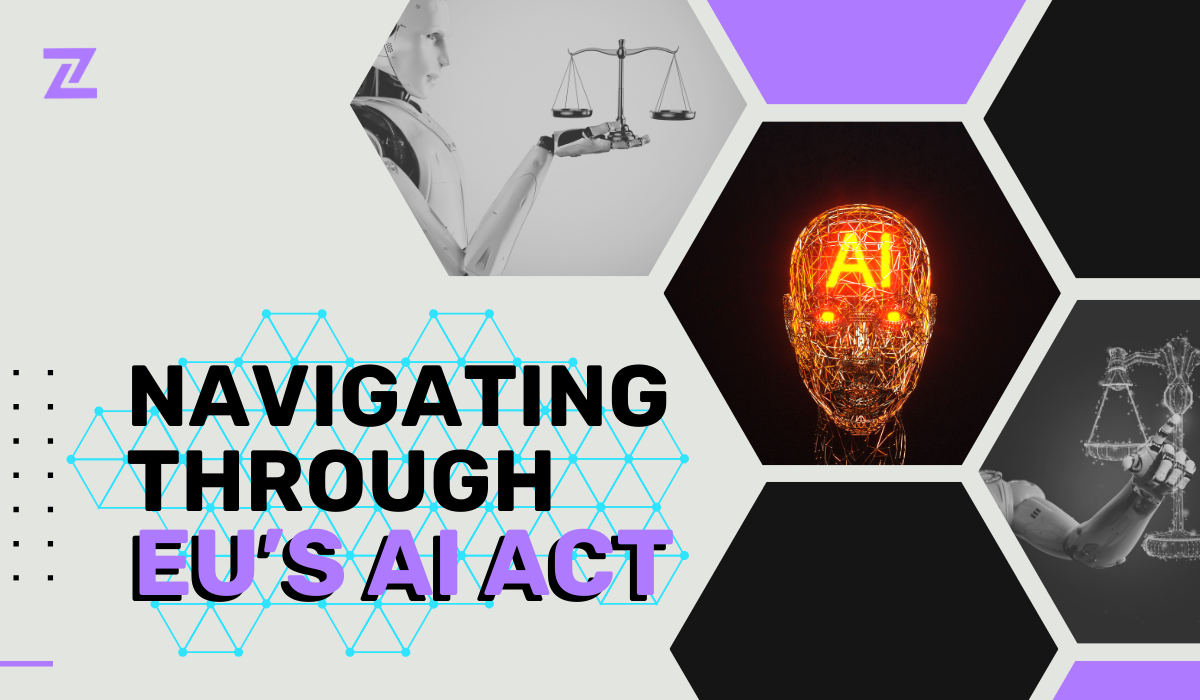
The EU's "AI Act," proposed in 2021 and now advancing towards approval, has gained momentum, fueled by heightened public awareness post-OpenAI's ChatGPT release. This legislation, a result of more than 36 hours of negotiations, signifies a pioneering effort to regulate AI systems across the EU's single market. Its core objectives encompass ensuring the safety of AI applications, upholding fundamental rights, and fostering investment and innovation. Positioned as a global benchmark, the act addresses the delicate balance between the benefits and risks of AI, particularly concerning issues like disinformation. Despite delays related to language model regulation and AI in law enforcement, the legislation is progressing toward approval by member states and the EU parliament.
This landmark proposal underscores the EU's commitment to establishing a robust framework for AI development, accounting for potential risks and emphasizing ethical considerations. As the first global initiative of its kind, the AI Act has the potential to set a precedent for international AI regulation, mirroring the impact of the General Data Protection Regulation (GDPR) in the realm of data privacy. By taking a leadership role in shaping AI regulations, the EU aims to showcase and advocate for its approach to tech regulation on the global stage, furthering responsible AI governance and technological advancement in the region.
While a broad spectrum of high-risk AI systems may be authorized, stringent requirements and obligations have been established to ensure compliance. Co-legislators have refined these requirements to enhance technical feasibility and reduce burdens for stakeholders, addressing aspects like data quality and technical documentation. Given the complex value chains in AI development, the agreement clarifies the roles and responsibilities of various actors, especially providers and users, and establishes a clear relationship between the AI Act and existing legislation, such as EU data protection laws.
Certain uses of AI deemed to pose unacceptable risks face outright bans within the EU. Prohibited applications include untargeted scraping of facial images, emotion recognition in workplaces and educational institutions, social scoring, and biometric categorization to infer sensitive data like sexual orientation or religious beliefs. Additionally, specific cases of predictive policing for individuals fall under the banned category. This comprehensive regulatory approach aims to strike a balance by permitting responsible AI systems while restricting those that pose significant risks to individuals and society, emphasizing ethical considerations and safeguarding fundamental rights.
General-purpose AI systems are subject to new transparency requirements to ensure accountability. High-impact models with systemic risk face stringent obligations, including model evaluations, risk assessments, adversarial testing, incident reporting, cybersecurity measures, and energy efficiency reporting. For AI systems classified as high-risk due to their potential harm in various domains, clear obligations have been established. Notably, mandatory fundamental rights impact assessments, applicable even in insurance and banking sectors, underscore the commitment to ethical considerations. AI systems with the potential to influence elections and voter behavior are also categorized as high-risk, reflecting the significance placed on safeguarding democratic processes. The agreement empowers citizens by granting them the right to launch complaints about AI systems, providing transparency and accountability, and ensuring explanations for decisions made by high-risk AI systems that impact their rights. This multifaceted approach aims to strike a balance between technological innovation and responsible governance in the rapidly evolving landscape of artificial intelligence.
To avoid stifling innovation, the agreement incorporates a horizontal layer of protection, ensuring that AI systems with limited risk are subject to lighter transparency obligations. This approach enables users to make informed decisions about the use of AI-generated content while minimizing unnecessary regulatory burden.
Recognizing the unique needs of law enforcement agencies, the agreement includes specific provisions for the use of AI systems in law enforcement purposes. The agreement introduces safeguards and narrow exceptions for the use of biometric identification systems in publicly accessible spaces for law enforcement purposes. Strict conditions, such as prior judicial authorization, are imposed to prevent misuse. Safeguards are in place to protect fundamental rights, ensuring responsible and lawful deployment.
To oversee the most advanced AI models, an AI Office within the Commission is established. A scientific panel of independent experts advises on the development and evaluation of these models. The AI Board, comprising member states' representatives, serves as a coordination platform, and an advisory forum for stakeholders ensures diverse inputs from industry, SMEs, civil society, and academia.
To encourage innovation, especially among SMEs, the AI Act promotes regulatory sandboxes and real-world testing, allowing businesses to develop and train innovative AI solutions before market placement.
Non-compliance with the AI Act can result in fines ranging from 35 million euros or 7% of global turnover to 7.5 million or 1.5% of turnover, depending on the infringement and the company's size. These sanctions aim to ensure accountability and adherence to the regulations.
The EU's Artificial Intelligence Act represents a significant step forward in regulating AI, setting a global standard for responsible AI development and use. As lawmakers and policymakers move towards final approval, the AI Act showcases the EU's commitment to fostering innovation while safeguarding fundamental rights, democracy, and ethical considerations. As the first legislative proposal of its kind, it has the potential to influence global AI regulation, much like the General Data Protection Regulation (GDPR) did in the realm of data privacy. The world is watching, and the EU has laid down a marker for the responsible and ethical development of artificial intelligence.